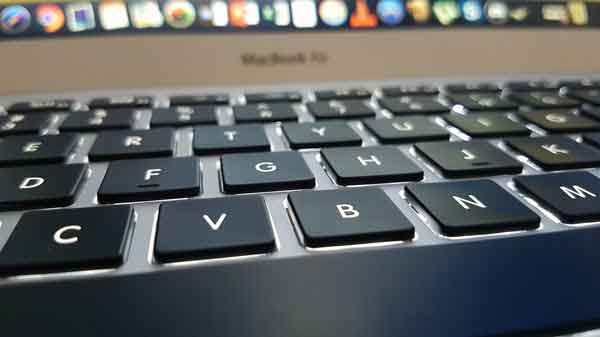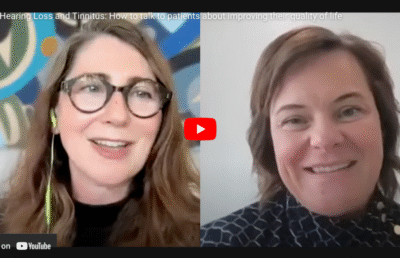A new type of hearing device has come on the market recently that isn’t regulated by the FDA and is available over-the-counter. To find out more about this type of device, read our article on the difference between hearing aids and hearables.
These devices are often billed as cheaper and hassle-free alternatives to traditional hearing aids. They also have one other “advantage” over traditional hearing devices: they can be purchased easily online.
There are federal regulations stating that one needs to have had a recent hearing exam in order to purchase a hearing aid, similar to having to undergo an eye exam to purchase prescription glasses. According to Title 21, Section 801.420 of the Code of Federal Regulations, hearing aids can only be sold to those individuals who have first obtained a medical evaluation from a licensed physician within the six months prior to the sale. There rules are there for the protection of consumers, who may not understand the complexity behind purchasing.
But ultimately, even if eventually the government does allow over-the-counter sales of hearing aids (there is current legislation in Congress to do just that), the real issue isn’t the legality of the matter. It’s about correctly diagnosing hearing loss and finding the best hearing device for each patient, complete with correct setup, fitting, and ongoing adjustment for an optimal hearing experience.
Better hearing isn’t just about the device. It’s also about the expertise of programming and adjustments, and those are exactly the things a trained audiologist can help you with.
Getting any hearing device to function optimally requires testing, fitting, and an ongoing conversation with your audiologist. This is just as true about traditional hearing aids as it is about the latest high-tech hearable. Be skeptical of any claims that a hearing device doesn’t require input from an audiologist and can simply be set up by the consumer.
Even in the best case scenario, if you purchase one of these device and experience some relief from hearing loss right off the bat, you still can’t be sure how that compares with the hearing correction you would have received had you made an appointment with an audiologist who has the experience and training required to help patients hear better.
If you need help deciding on which kind of hearing device will work best for your kind of hearing loss, we’re here to help! Get in touch with us to schedule an appointment!
Dr. Marie Vetter-Toalson Au.D. is the owner of Chicago Hearing Services and a Doctor of Audiology dedicated to empowering her patients and the public with greater knowledge and education around hearing health.





